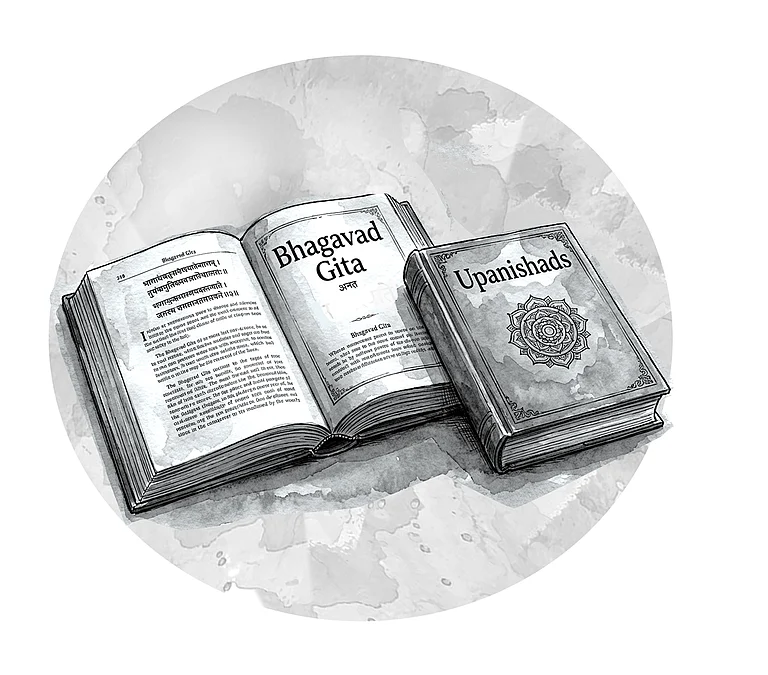The trial of an American president started on Monday in a Manhattan courtroom. Lawyers from both sides will gather to choose the jury who will determine Donald J. Trump’s future. When jury selection begins today, Donald Trump will become the first former president in history to stand trial on criminal charges related to his hush money case.
The former president faces accusations of tampering with internal records within the Trump Organization, purportedly to conceal damaging information that could have adversely affected his 2016 presidential campaign.
This alleged scheme primarily revolves around payments made to two women, adult film actress Stormy Daniels and Playboy model Karen McDougal, who claimed to have engaged in extramarital affairs with Trump in the past. Additionally, allegations involve payments to a Trump Tower doorman who reportedly possessed information about an alleged child Trump had fathered out of wedlock. Trump has consistently denied the occurrence of these purported sexual encounters.
The Manhattan district attorney, Alvin L. Bragg, has levelled 34 felony charges against Trump. This trial is one of four legal cases against the former president and expected Republican candidate. It could change the political scene before Election Day.
Here are the key highlights from the trial:

Court adjourned for the day without selecting any jurors. Judge Merchan dismissed prospective jurors, cautioning them against discussing the case or searching for news about the defendant, prosecutor, or judge. They are scheduled to reconvene at 9:30 a.m. tomorrow.
Day 1 Prospective Jurors
A married Upper West Side resident with a master’s degree, employed by the New York City government for 20 years. They enjoy cooking, the arts, and receive news from The New York Times, CNN, and Google.
Another is a married West Harlem resident working in sales, with some college education. They enjoy the outdoors and receive news from The New York Times, Daily Mail, Fox News, and some MSNBC.
Another prospective juror works as a prosecutor in the Bronx but assured the ability to remain fair and impartial.
All affirmed their impartiality and stated they have never attended Trump or anti-Trump rallies, followed him or critical organizations on social media, or supported far-right or far-left-leaning groups.
Trump's historic trial commenced, making it the first criminal trial of a former U.S. president. He balanced court sessions with his role as the presumptive Republican nominee, campaigning by night.
Trump expressed feeling "honoured" as his trial unfolded, considering it an unprecedented event.
Judge Merchan declined Trump's legal team's request for recusal, dismissing claims of bias due to his daughter's political ties. Merchan reaffirmed commitment to impartiality and justice, brushing off allegations of impropriety.
Also, Manhattan District Attorney Alvin Bragg stated that Trump’s hush money criminal trial isn’t about politics.
Trump's lawyers asked for more detailed juror questionnaires, fearing bias against him, but Judge Merchan refused, insisting the current ones are fair.
Merchan has ruled out testimony about Melania's pregnancy during McDougal's alleged affair with Trump. However, prosecutors can still discuss efforts to suppress McDougal's story, including her payment by the National Enquirer's parent company, linked to Trump's campaign.
Merchan allowed the testimony of former Trump lawyer Michael Cohen's guilty plea to campaign finance violations, provided it is presented with the proper foundation. He clarified that prosecutors cannot directly link that guilty plea to Trump.
During the trial, the judge rejected the prosecution's bid to show a tape where Trump admitted to sexual misconduct. However, he permitted the presentation of internal campaign emails revealing the campaign's response to the tape's release.
In the courtroom, Trump seemed calmer than before, often keeping quiet and occasionally glancing at documents or the ceiling. He left briefly during a break, scanning reporters before exiting with his security team.
Prosecutors asked the judge to fine Trump $3,000 over social media posts about key witnesses in hush money case.
During the court recess until 1:30 p.m., Trump's attorney, Todd Blanche, contended that the three mentioned posts don't violate the gag order. He stressed that Trump's reactions stem from the witnesses' public statements, not from targeting individuals.
The judge had a hearing set for April 23 to decide if Trump would be fined $3,000 for breaking the rule against criticizing witnesses in his social media posts. Trump's lawyers had until April 19 to give their written answer. Trump's lawyer argued that Trump's comments didn't break the rule. The rule stops Trump from talking about witnesses, prosecutors, court workers, and jurors in public.
A group of 96 potential jurors were called into court for the start of jury selection in Donald Trump’s hush money case. This marked the beginning of the trial, a momentous event in U.S. history as it was the first criminal trial of a former U.S. president and Trump's first of four indictments to go to trial.
To maintain anonymity, the names of all jurors were kept secret, known only to the legal parties, and referred to by assigned numbers during selection. Twelve jurors and six alternates would ultimately be chosen to hear the case.
In the questionnaire earlier, a woman from Harlem said she could be fair in the case. But when asked if she had strong feelings about the ex-president, she simply said, "Yes." When asked to repeat, she said, "Yeah, I said yes." She was then let go. Leaving, she muttered, "I just couldn't do it."
Judge Merchan compassionately dismissed a juror to prevent him from missing his child's wedding on the West Coast in June. Merchan told the man that if he stayed, he would be committed until the trial's end. Understanding the dilemma, Merchan offered to excuse him, congratulating him on the upcoming nuptials as he left the jury box.
An Upper West Side book-seller, the first juror with a firm opinion on whether a former president can face state court charges, believes nobody is exempt from the law. He asserts he can remain impartial if selected, stating simply, "No."
Court adjourned for the day without selecting any jurors. Judge Merchan dismissed prospective jurors, cautioning them against discussing the case or searching for news about the defendant, prosecutor, or judge. They are scheduled to reconvene at 9:30 a.m. tomorrow.
Judge Merchan insists Trump must appear in court on April 25, despite concurrent Supreme Court proceedings. Trump's lawyers requested the day off for him to attend arguments on presidential immunity in another case. Defense lawyer Todd Blanche argued for accommodation due to Trump's multiple indictments. Merchan emphasized Trump's obligation as a criminal defendant to attend court, stating he is not required to be at the Supreme Court. Trump reacted by rolling his eyes, scowling, and standing up to leave as court adjourned for the day.




























